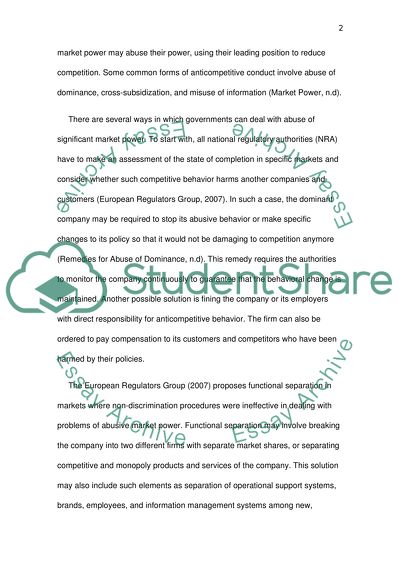Cite this document
(“What Is Meant By Market Failure And How Can Government Attempt To Essay”, n.d.)
Retrieved from https://studentshare.org/macro-microeconomics/1411623-what-is-meant-by-market-failure-and-how-can
Retrieved from https://studentshare.org/macro-microeconomics/1411623-what-is-meant-by-market-failure-and-how-can
(What Is Meant By Market Failure And How Can Government Attempt To Essay)
https://studentshare.org/macro-microeconomics/1411623-what-is-meant-by-market-failure-and-how-can.
https://studentshare.org/macro-microeconomics/1411623-what-is-meant-by-market-failure-and-how-can.
“What Is Meant By Market Failure And How Can Government Attempt To Essay”, n.d. https://studentshare.org/macro-microeconomics/1411623-what-is-meant-by-market-failure-and-how-can.


